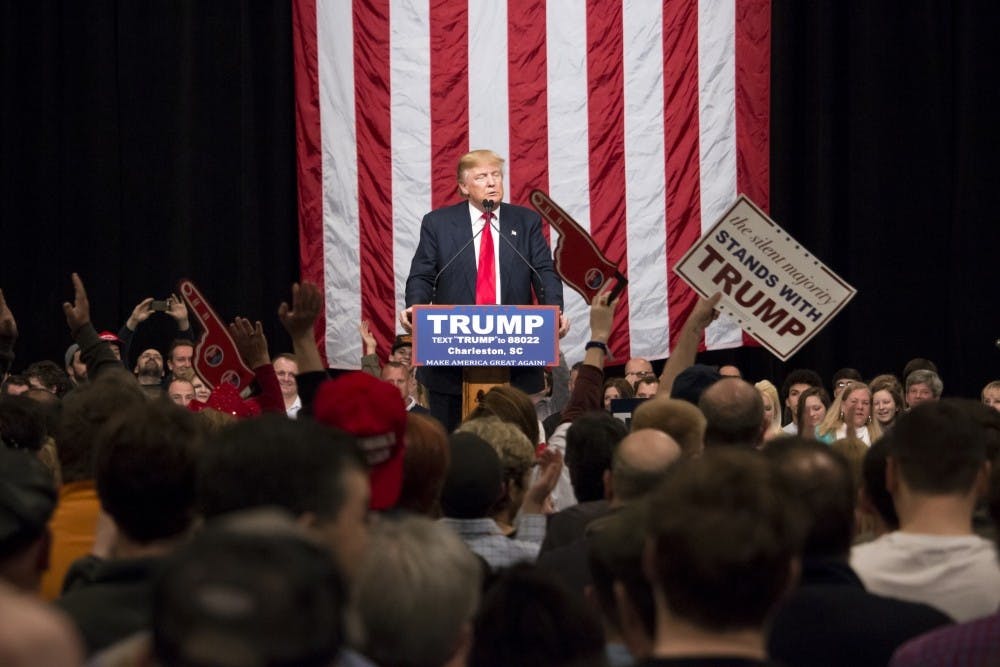There may not be a spell to defeat Donald Trump, but according to a new study, readers of the Harry Potter series are more likely to oppose the Republican presidential nominee and his policies.
The study, conducted by Penn professor Diana Mutz of the Annenberg School for Communication and the Department of Political Science, attempts to identify a pattern between readers of the popular book series and their attitudes toward Donald Trump.
“Each book that a person has read lowers their evaluation of Donald Trump by roughly 2-3 points [on a 100-point scale],” Mutz wrote in her analysis.
Mutz pointed out that the negative impact on evaluations of Trump could be as high as 18 points for readers of the entire series.
To remove any obvious pre-existing relationships, the study controls for party identification and ideology as well as age, gender, education and evangelical self-identification. Although these variables are the most well known sources of association with Trump support, subtler personality traits, like the willingness to read books in general, are more difficult to control and may play a role.
Data was collected from a nationally representative survey of 1,142 respondents. The study will be published in an upcoming election issue of “PS: Political Science and Politics.”
In her analysis, Mutz identified several parallel themes between the Harry Potter series and Trump’s campaign, namely the value of tolerance, the dangers of authoritarianism and opposition to violence.
“Because Trump’s political views are widely viewed as opposed to the values espoused in the Harry Potter series,” she wrote, “exposure to the Potter series may play an influential role in affecting how Americans respond to Donald Trump.”
Trump’s campaign has drawn comparison to Voldemort’s rise to power more than once. Last December, Trump’s call for a temporary ban on Muslim immigration to the United States prompted J.K. Rowling to write, “How horrible. Voldemort was nowhere near as bad.”
Although many believed that “Uncle Tom’s Cabin” fortified public opposition to slavery in the 1850s, little research has demonstrated a material impact of fictional stories on public opinion. Still, the findings in Mutz’s study provide valuable insight into the complex relationship between literature and political discourse.
With 450 million copies sold worldwide, Harry Potter has become the best-selling book series of all time. Empirical research on the series is limited to date. Its cultural impact may take decades to measure and understand, but Mutz’s timely study certainly offers an interesting perspective in the midst of an ongoing election season.
One might presume the impact of the accompanying movie series to be even greater, given that more people have watched Harry Potter movies than read the books. However, the effect of exposure to Harry Potter movies was found to be insignificant. Perhaps this is due to the low levels of attention required to consume video content, or cinema’s emphasis on action sequences as opposed to character dilemmas.
“Consuming print, on the other hand, automatically demands high levels of attention, so it is not surprising that those who consume a story via print tend to learn and remember more,” Mutz wrote.









